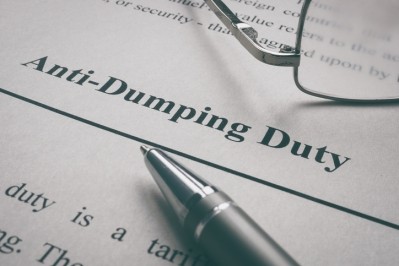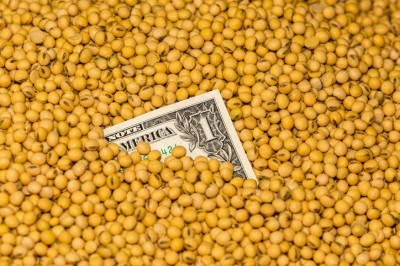China finds no methionine dumping took place as probe concludes

Methionine producer, Evonik, said that, as a result, it is restating its commitment to the region.
“We have worked closely with the Chinese authorities while they conducted their investigations. We have been completely transparent with respect to the requested data and information,” said Dr Emmanuel Auer, head of the animal nutrition business at Evonik.
MOFCOM first announced the probe into the alleged dumping of the amino acid back in April 2019, saying the period under review was 2018.
The Chinese officials assessed whether its domestic industry suffered losses due to the alleged dumping of methionine originating in Singapore, Malaysia and Japan, with the probe reportedly triggered by a complaint from Ningxia Unisplendour Tianhua Methionine Co, a leading manufacturer of solid DL-Methionine in China.
Dumping, in economics, is a kind of injuring pricing, especially in the context of international trade, according to the WTO. It occurs when manufacturers export a product to another country at a price below the normal price with an injuring effect. The objective of dumping is to increase market share in a foreign market by driving out competition and thereby create a monopoly situation where the exporter will be able to unilaterally dictate price and quality of the product.
Evonik produces the essential amino acid DL-methionine, marketed under the brand name MetAMINO, at four locations - in Antwerp in Belgium, in Alabama in the US, in Singapore and in Wesseling in Germany. The largest plant is located in Antwerp.
The company said, relying on this production network, it supplies customers in more than 120 countries, which ensures a “structurally reliable supply of methionine on a global basis - regardless of geographic location.”
US investigation into claims of illegal methionine dumping continues
Meanwhile, last month we reported that an US anti-dumping probe, also involving methionine imports, had stepped up a gear.
The US investigation followed a petition from Novus in relation to allegations the feed supplement producer filed in July this year, requesting that the US International Trade Commission (USITC) and the US Department of Commerce (DoC) formally investigate whether domestic producers had been harmed by methionine imports from France, Spain and Japan.
The company maintained that imports of methionine from the three countries were priced substantially lower than domestic producers’ shipments.
In September, the USITC shared its preliminary findings that there was reasonable indication that the US methionine industry has been materially injured by imports sold by France, Japan, and Spain at “less than fair value”.
Now that the USITC has decided to proceed on this, the DoC is to move forward in evaluating if France, Spain and Japan have dumped methionine in the US. The DoC is expected to announce its preliminary findings in January next year.
The final phase of the USITC’s investigation is expected to begin around March 2021.
If the ITC reaches a final determination that low-priced methionine imports have caused injury to the domestic industry, and if the DoC rules that France, Spain and Japan illegally dumped foreign products, importers from those countries may have to pay a duty on methionine imports, which would be collected by the government as a tax, it added.












